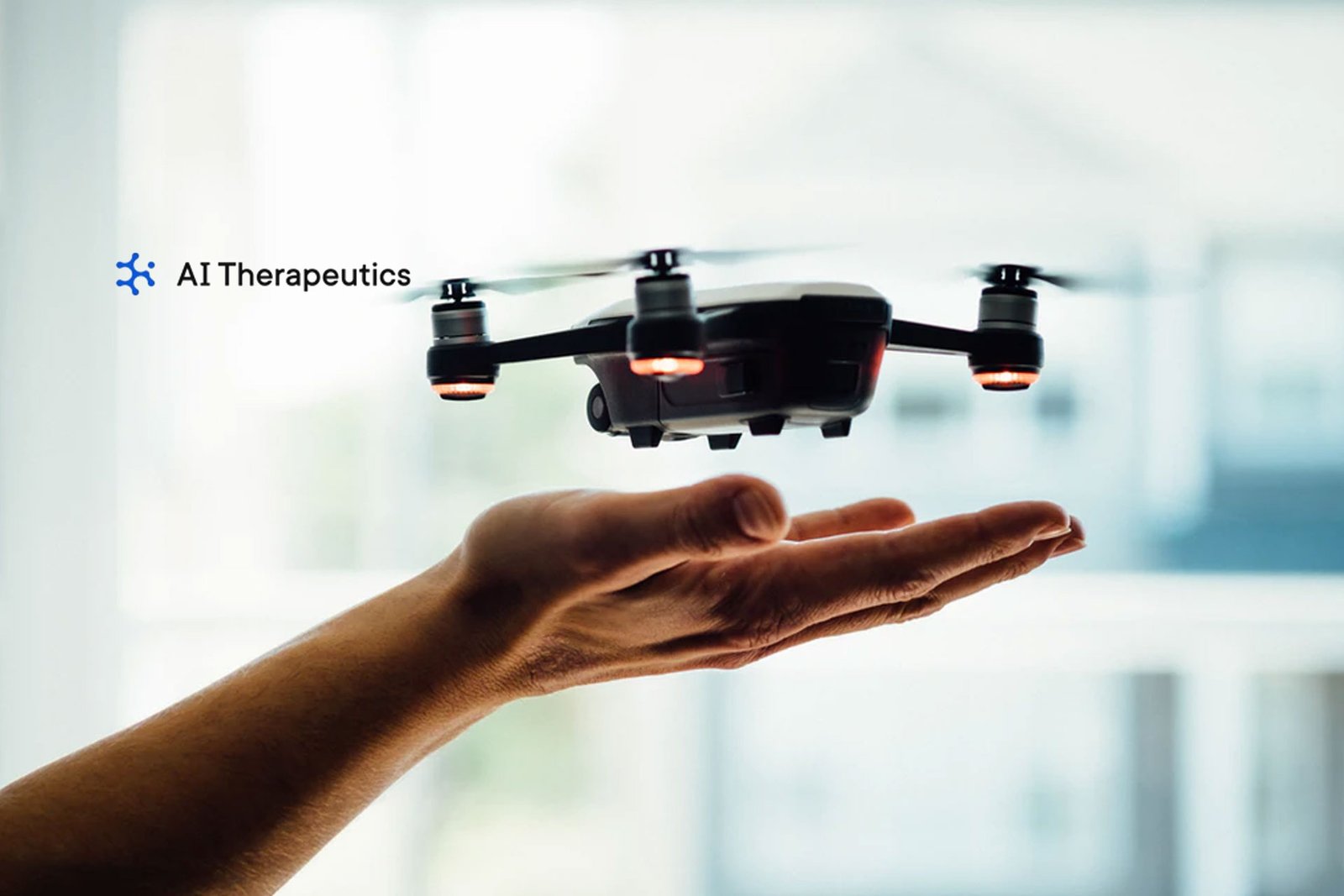AI Therapeutics announced the start of Phase II clinical trial for the treatment of newly diagnosed COVID-19 patients in collaboration with Yale University. AI Therapeutics is a biopharmaceutical company that develops novel therapies identified through a proprietary artificial intelligence algorithm for matching drugs to new indications (Guardian Angel™).
The randomized, double-blind, placebo-controlled study (NCT04446377) will enroll up to 142 outpatients to evaluate the safety, tolerability, and efficacy of LAM-002A in reducing viral load in subjects with a confirmed COVID-19. Additional measures of clinical efficacy will be evaluated, including death, hospitalization, and oxygen saturation.
LAM-002A is a first in class, highly selective PIKfyve kinase inhibitor1,2 that has demonstrated potent in vitro antiviral activity against several isolates of SARS-CoV-2, the virus responsible for COVID-193,4. Indeed, several studies now have shown that LAM-002A interferes with the entry and trafficking of the SARS-CoV-2 virus in cells4,5,6. Given its mechanism of action, LAM-002 also has the potential to become part of combination therapies, especially with other drugs that target viral proteins or functions, such as viral replication.
A recent study independently identified LAM-002A as the best out of 13,000 compounds tested for inhibiting SARS-CoV-23.
“We all want to do our part to allow the people we love to get back to work, school, and play. At AI Therapeutics we feel we need to do all we can to make sure our drug, LAM-002, has the best shot to help and working with Yale is the perfect place to start,” said Jonathan Rothberg, AI Therapeutics’ co-founder and Recipient of the National Medal of Technology and Innovation for inventing high speed “Next-Gen” DNA sequencing.
As the clinical trial is progressing, AI Therapeutics is preparing to make the LAM-002 accessible; it has 70,000 doses ready to go, 70,000 on the way, and the compound in preparation for nearly 5 million more doses.
Dr. Murat Gunel, an elected member of the National Academy of Medicine, who is the Chair of Neurosurgery and Professor of Neurosurgery, Genetics, and Neuroscience at Yale University stated: “LAM-002A’s safety has been demonstrated in more than 700 healthy subjects and patients with inflammatory and malignant conditions. It is one of the most potent drugs in pre-clinical tests against SARS-CoV-2. Its safety profile and effectiveness provide a strong rationale for urgently evaluating this drug in COVID-19 patients, who have few options to slow the progression of the disease.” Dr. Gunel is the chair of the Scientific Advisory Board of AI Therapeutics.
Dr. Charles S. Dela Cruz, an Associate Professor of Medicine and Microbial Pathogenesis and Director of the Center for Pulmonary Infection Research at Yale University who is the Principal Investigator of the clinical trial added: “We really need an outpatient treatment option for patients who are symptomatic in order to prevent progression of disease and hospitalization for COVID-19. I am excited to partner with Yale and AI Therapeutics to study this promising medication.”
AI Therapeutics was founded by Jonathan Rothberg, serial entrepreneur; Tian Xu, ex Vice-Chair and Professor of Genetics at Yale, who is currently the Vice President of Westlake University in China and Adjunct Professor of Genetics at Yale, and; Henri Lichenstein, with the goal of using Artificial Intelligence to accelerate drug development by matching clinically safe drugs to the patient populations most likely to benefit (https://www.ai-therapeutics.com).
AI Therapeutics is part of the 4Catalyzer family of companies, which collectively have more than 400 scientists and engineers, and offices in Connecticut, New York, Silicon Valley, and Taiwan. The mission of 4Catalyzer is to save the lives of people we love and make healthcare more accessible.
1Gayle S et al., Identification of apilimod as a first-in-class PIKfyve kinase inhibitor for treatment of B-cell non-Hodgkin lymphoma. Blood. 2017;129:1768-1778; 2Cai X et al., PIKfyve, a class III PI kinase, is the target of the small molecular IL-12/IL-23 inhibitor apilimod and a player in Toll-like receptor signaling. Chem Biol. 2013 20:912-21; 3Riva L, et al. A Large-scale Drug Repositioning Survey for SARS-CoV-2 Antivirals. bioRxiv.2020; 4Kang YL et al., Inhibition of PIKfyve kinase prevents infection by EBOV and SARS-CoV-2. bioRxiv. 2020 P; 5Ou X et al. Characterization of spike glycoprotein of SARS-CoV-2 on virus entry and its immune cross-reactivity with SARS-CoV. Nat Commun. 2020 11:1620. 6Bouhaddou et al. TheGlobal Phosphorylation Landscape of SARS-CoV-2 Infection., Cell 2020 preprint.

